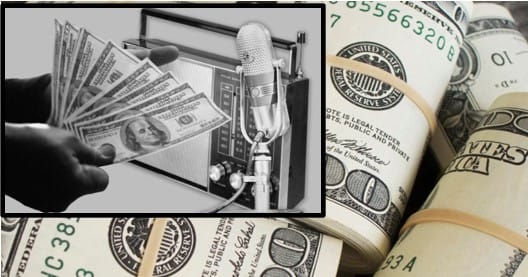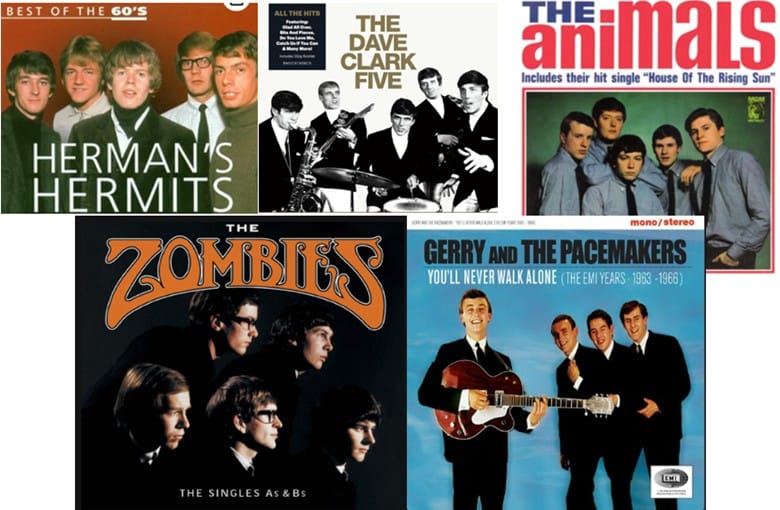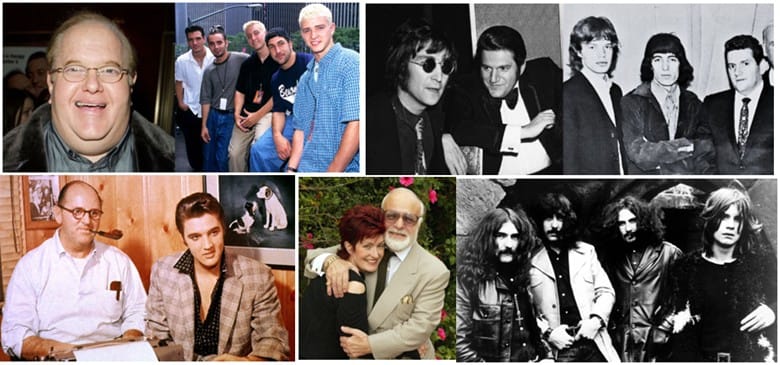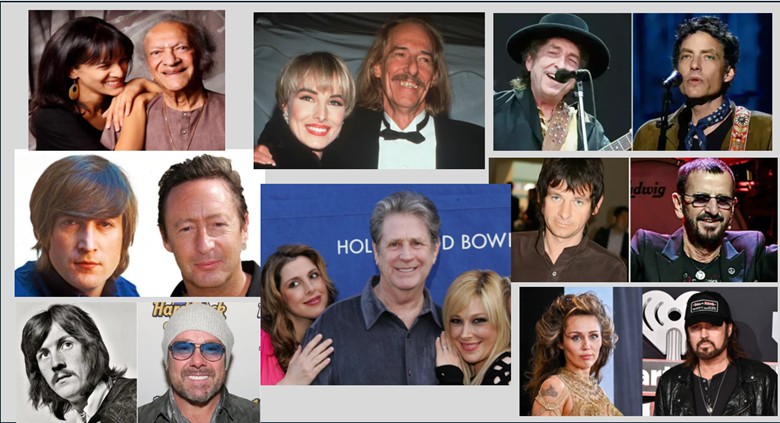Payola refers to the illegal practice of paying a commercial radio station, particularly the disc jockey, to play a song without disclosing the payment. The payola scandal of the 1950s is a significant event in music history that continues to influence the industry today.
Understanding the Payola Scandal 1950s
The situation to play a song without the station disclosing the payment. The payola scandal of the 1950s brought this issue to light and raised significant concerns in the music industry.
The payola scandal of the 1950s brought to light widespread issues in the music industry and remains a critical case study for understanding the complexities of music promotion.
This scandal, often referred to as the payola scandal of the 1950s, weakened the democratic nature of music consumption.
This practice weakened the democratic nature of music consumption, since listeners often did not understand their favorite songs were being pushed through backdoor deals.
Payola fact
Despite its impact, the payola scandal of the 1950s is often overlooked when discussing the evolution of rock music.
As the payola scandal of the 1950s unfolded, it became evident that ethical standards were being compromised in favor of profit.
This manipulation within the payola scandal of the 1950s entrenched a culture of favoritism in the industry.
The payola scandal of the 1950s damaged reputations, raised ethical concerns, and changed the landscape of rock music forever.
The payola scandal of the 1950s further entrenched the industry’s inequalities and challenges.
Understanding the payola scandal of the 1950s is essential for grasping the ethical dilemmas in the music industry.
Though this issue had plagued the music business for many years, the payola scandal of the 1950s particularly influenced rock music of the 1950s and 60s.
The scandal posed ethical concerns for record labels and radio stations as disc jockeys became more aware of their rising status with their listeners.
Mid-level jocks established deals with labels and record distributors for $50 a week per recording to ensure a minimum number of spins.
More influential jocks commanded percentages of local concerts, and as the payola scandal of the 1950s highlighted, some even received free records by the boxful.
This further entrenched the payola scandal’s impact on the industry.
The payola scandal of the 1950s led to significant national inquiries and heightened awareness of industry practices.
Payola scandal facts : Ethical Concerns
At the heart of it, payola raises ethical issues. This practice promotes dishonesty, where the merits of a song are overshadowed by monetary payment.
This damages the credibility of the music business, since artists that need recognition are surpassed by performers who can afford to pay for airtime. The trust in the entire industry, from Artist to Label to Distributor to Radio Station was slowly eroded.
Since payola favoured a narrow group of artists, it restricted the types of music which reached listeners. The rock genre which thrives on innovation and experimentation suffered as stations chose safe, commercially viable options.
Alan Freed’s involvement in the payola scandal of the 1950s serves as a cautionary tale about the consequences of such unethical practices.
This homogenization also stifled artistic creativity, promoting several artists consistently while many others struggled to make their mark.
Payola scandal: Legal Fallout
There were prevalence of these manipulations in the industry until the exposure. The uncover of the quiz show scandals happened at the late 1950s. After that national interest increased, leading to U.S. Congress inquiries.
With the threat of losing their licenses, radio stations took the precaution of firing disc jockeys who might put them at risk.
Ultimately, the payola scandal of the 1950s forced the industry to reassess its ethical standards and practices.
In November 1959, during sessions before the U.S. House Oversight Committee, 335 disc jockeys admitted to having received over $263,000 in “consulting fees.”
The FCC cracked down, and the ensuing law affected several famous figures.
DJs like Alan Freed faced serious punishment for participating in the scheme.
Freed had been important in bridging the gap in music along racial lines by organizing concerts with mixed audiences while playing Rock ‘n Roll on his radio show.
However, as congressional questioning started, friends and allies quickly deserted those in the spotlight.
Freed refused to sign an affidavit saying he would never accept payola again, which led to his firing from WABC.
He was charged with 26 counts of commercial bribery but escaped with fines and a suspended jail sentence.
Freed died five years later, broke and virtually forgotten.
The legal heat generated new rules meant to curtail the practice, with both stations and jockeys having to report payments for airplay.
These regulations attempted to bring back some integrity to the industry; however, the harm was already done.
Many rock artists who depended on radio play for their careers were negatively disadvantaged as the market shifted to more open practices.
Merit became at least a factor in airplay, allowing for new types of music listening, including independent radio stations and underground music.
Traditional radio began to lose its hold on music marketing.
Bands like The Velvet Underground and The Stooges found success beyond mainstream stations.
This shift created an atmosphere for originality and authenticity, preparing the ground for later rock movements.
Payola should be stopped
The payola scandal is a cautionary tale about morality in life and, in particular, music.
It revealed the darker side of rock music’s ascent while also introducing a revolution that pushed the genre toward more authenticity and artistic freedom.
While the industry is constantly evolving, the payola controversy highlights the need for openness and fairness in keeping the spirit of rock music relevant and alive.




